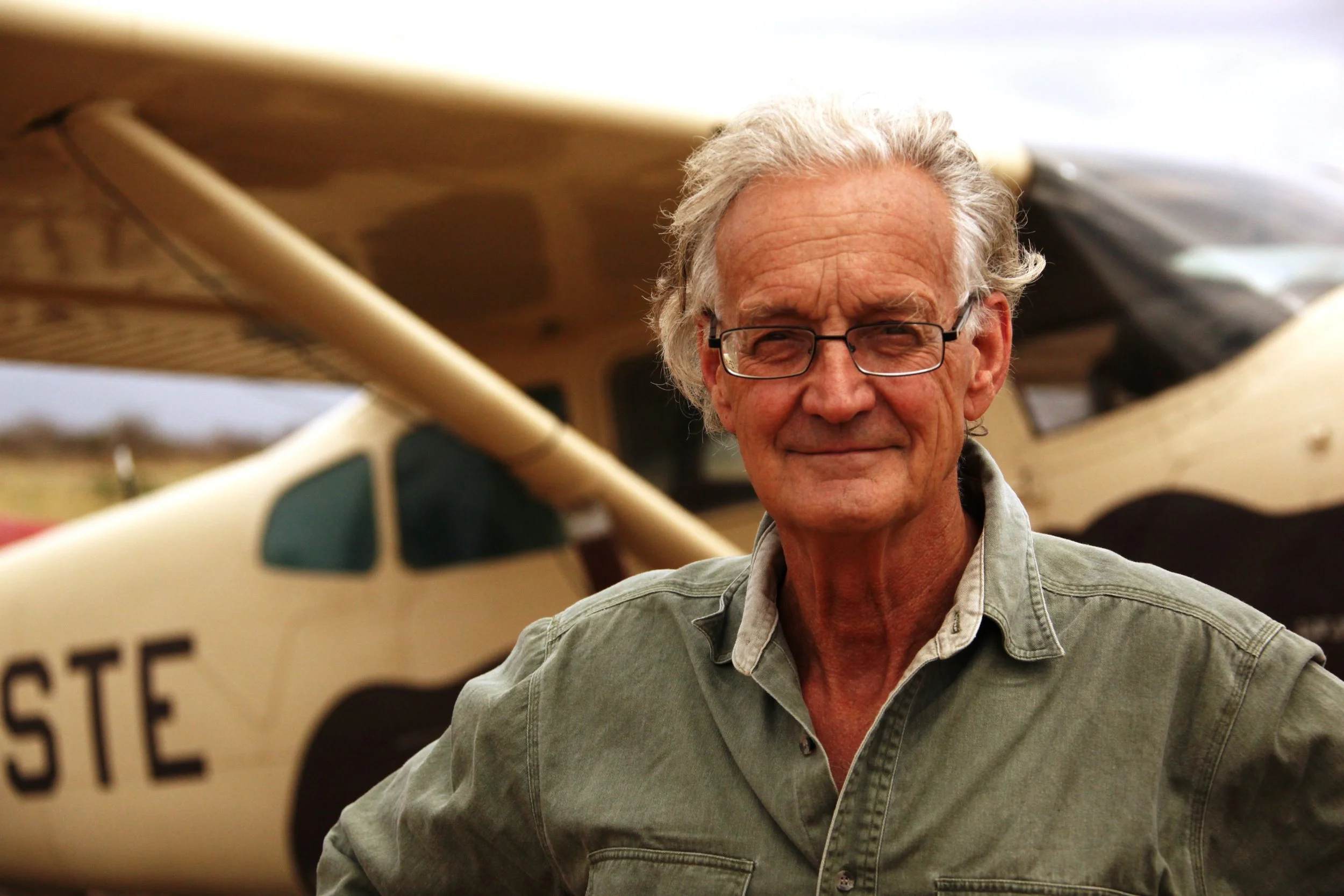Medical Research Pushes The Long-Tailed Macaque into the Category of “Endangered” Status For The First Time
The demand for primates in international laboratories is fueling unprecedented levels of hunting and trapping, causing wild macaque populations to plummet drastically.
This story is supported by
Breeding facility in Cambodia. Images obtained by Species Unite
The conservation status of long-tailed macaques has been changed from vulnerable to “endangered” for the first time by the International Union for Conservation of Nature (IUCN), with wild populations predicted to drop by another 50 percent over the forty years if the current threats are not addressed.
This change in status comes just one year after the primate species was moved from “least concern” to “vulnerable,” bypassing the “near threatened” status as their numbers rapidly plummeted.
Alongside habitat destruction, unprecedented levels of hunting and trapping for human consumption, persecution, and “most ominously, to fuel both the legitimate and illicit trade for research and other usages” are the major threats facing the primates according to the new report.
“The population size is reducing at an alarming rate,” Malene Friis Hansen told VICE World News. She is a co-author of the IUCN report and a member of the organisation’s Primate Specialist Group, as well as a co-founder of the Long-Tailed Macaque Project.
“In several populations over the past 10 years we've seen a reduction from a couple of thousand to a couple of hundred. That's the intensity right now: a tenfold reduction over only 10 years. If we don't start acting and start mitigating some of these threats and some of the pressure on the species, then it will go extinct.”
In mainland Southeast Asia females are sold to breeding factory farms where they’re confined in barren conditions. In these facilities, babies are taken from their mothers shortly after birth. Meanwhile, males are exported internationally, primarily for use in biomedical and toxicology research. The long-tailed macaque is the most commonly used monkey in U.S. laboratories and the demand for the species has only skyrocketed since the COVID-19 pandemic began.
“The research industry needs to become accountable for the effects of their actions on wild non-human primate populations,” states the report.
Breeding facility in Cambodia. Images obtained by Species Unite
During toxicity testing, monkeys are restrained while drugs or chemicals are either injected into the animals’ bloodstream or under their skin or forced into their stomachs via a mouth tube. According to the advocacy group, Action for Primates, these tests cause “immense suffering” that can result in “vomiting, seizures, weight loss, internal bleeding, organ failure and even death”. All of the monkeys are killed at the end of the experiments.
“Because of the impact of human activities on the species and its habitat, especially the global trade in research and toxicity testing, the future of this intelligent non-human primate, who plays an important role in biodiversity and ecosystems, is seriously under threat,” said Sarak Kite, co-founder of Action for Primates. “Given that human beings are the cause of this threat, we have a moral obligation to act now to protect and conserve it.’’
In light of the alarming conservation status change People for the Ethical Treamtment of Animals (PETA) is calling on the Centers for Disease Control and Prevention (CDC) to end all importation of monkeys for experiments indefinitely so that wild populations can recover.
“Scores of sensitive long-tailed macaques are being torn away from their wild homes for use in the U.S.’ animal experimentation industry, and population numbers have nosedived as a result,” says PETA science advisor and primate expert Dr. Lisa Jones-Engel. “PETA is urging the CDC to ban all monkey importation immediately for everyone’s sake.”
As well as causing immense levels of suffering, animal testing is bad science. The National Institutes of Health (NIH) admits that 95 percent of animal tests fail to translate to humans because the results are dangerous or ineffective. “Despite causing monkeys pain and suffering, experimenting on them has done little to forward scientific research, but it has succeeded in nearly wiping two species of monkeys off the face of the planet,” said PETA.
WAMOS Air, a little-known Spanish airline owned in part by Royal Caribbean, is one of the airlines that are yet to ban the transport of macaque monkeys across the world to laboratories. Please join Species Unite in adding pressure to WAMOS Air and Royal Caribbean by signing our urgent petition here.
We Have A Favor To Ask…
Species Unite amplifies well-researched solutions to some of the most abusive animal industries operating today.
At this crucial moment, with worldwide momentum for change building, it’s vital we share these animal-free solutions with the world - and we need your help.
We’re a nonprofit, and so to keep sharing these solutions, we’re relying on you - with your support, we can continue our essential work in growing a powerful community of animal advocates this year.
More stories:
Species Unite
A collection of stories of those who fight the good fight on behalf of animals.







A new UN report uncovers a staggering truth: the two unsustainably managed industries are causing costly harm to the planet.